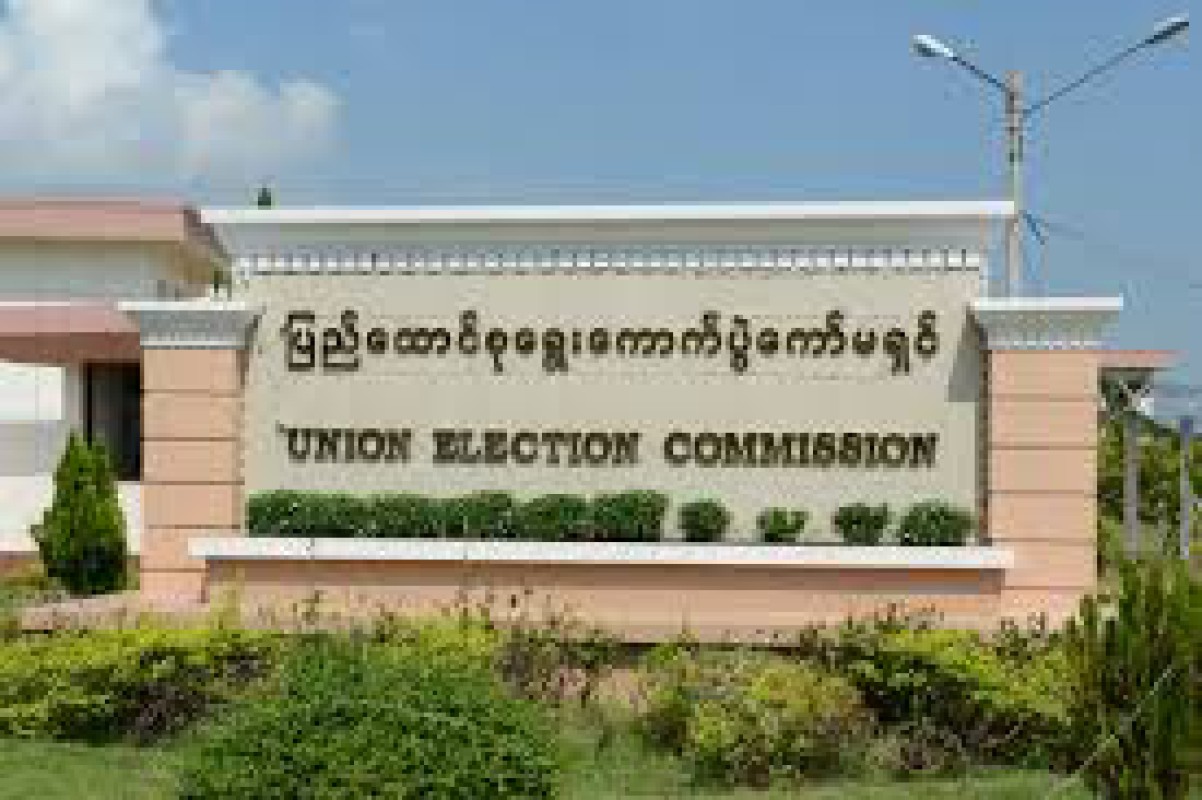77 political parties apply for registration to UEC; 56 approved

1418

Hsu
According to the Union Election Commission (UEC), a total of 77 political parties have applied for registration, and as of now, 56 parties have been approved to date.
Since the 2025 general elections are scheduled for December this year, the UEC had previously announced on April 8 that all applications to establish or register political parties must be submitted by May 9 to ensure sufficient time for UEC to perform well and for parties to prepare for election-related activities and campaign efforts.
Of them, 27 parties applied under Article 3 of the Political Parties Registration Law to establish new parties while 50 parties applied under Article 25 for continuation or re-registration of existing parties, the UEC stated.
The UEC is currently reviewing the applications to determine eligibility for party formation.
Moreover, 56 parties have been officially registered by 2025 February 20. They are-
(1) Union Solidarity and Development Party
(2) Myanmar People’s Democratic Party
(3) New Democracy Party (Kachin)
(4) Phalon-Sawaw Democratic Party
(5) National Unity Party
(6) Arakan Front Party
(7) Tai-Leng Nationalities Development Party
(8) Shan-ni Solidarity Party
(9) Rakhine State National United Party
(10) Pa-O National Organisation
(11) Mro National Party
(12) Lisu National Development Party
(13) Khami National Development Party
(14) Akha National Development Party
(15) Inn National League Party
(16) Kokang Democracy and Unity Party
(17) Karen National Democratic Party
(18) Karen People’s Party
(19) Shan State Kokang Democratic Party
(20) Naga National Party
(21) Danu national Democracy Party
(22) People’s Pioneer Party
(23) Democratic Party of National Politics
(24) (National Political Alliances Party
(25) Federal Democratic Party
(26) Public’s Labour Party
(27) Myanmar Farmers’ Development Party
(28) Shan and Nationalities Democratic Party
(29) Democratic Party
(30) Democratic Force Labour Party
(31) Women Party (Mon)
(32) Mro National Development Party
(33) New National Democracy Party
(34) National Interest Development Party
(35) Wa National Party
(36) Khumi National Party
(37) Amyotha Nainganye Arrmanthit Party
(38) United Nationalities Democracy Party
(39) Union Peace and Unity Party
(40) People’s Party of Myanmar Farmers and Workers
(41) Modern People Party
(42) Labour Party
(43) National Democratic Force
(44) The 88 Generation Student Youths (Union of Myanmar) Party
(45) The Union of Myanmar Federation of National Politics Party
(46) The Party for People
(47) People’s Party
(48) Mon Progress Party
(49) Peace Mediator Party
(50) Peace for Diversity Party
(51) Kachin State People’s Party
(52) Mon Unity Party
(53) Union Farmer-Labour Force Party
(54) Socio-Economic Promotion Party
(55) Unity and Development Party
(56) Kayah State People’s Party
However, only 54 parties are currently recognized since the UEC deregistered two parties: Shan State KokangDemocratic Party on November 20, 2023 and Mro National Party on November 22, 2023.
The 2025 general election in December will implement a mixed voting system. Both the First-Past-The-Post (FPTP) system and Proportional Representation (PR) will be used, the UEC stated.
Depending on the local security situation, elections will be organized in phases in all the states and regions of the country. The exact dates for each phase will be announced further.
At the time of announcement, elections will proceed only in townships having regional security and townships unable to participate in elections will also be publicly identified, the UEC stated.
Since the FPTP and PR systems will apply to elections for Pyithu Hluttaw, Amyotha Hluttaw and State and Regional Hluttaws, the relevant electoral laws and by-laws are currently being finalized and further details will be released once the legal framework is fully established, the UEC stated.
For the elections, the UEC claimed of conduction the elections using Myanmar electronic voting machines containing a micro-controller system which is simple, secure, and reliable.
Moreover, the commission is also working to align the election laws and procedures with the reformed voting system to ensure voters in each constituency can elect their respective parliamentary representatives accordingly.–